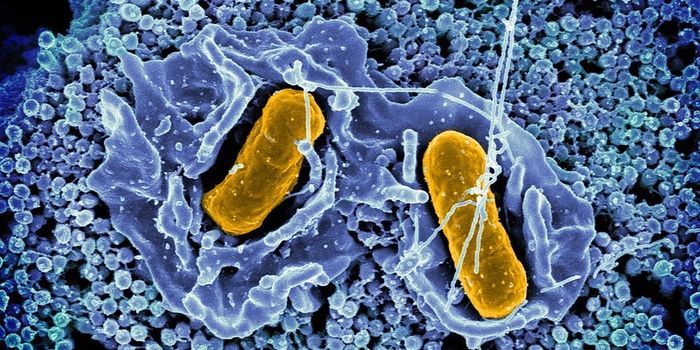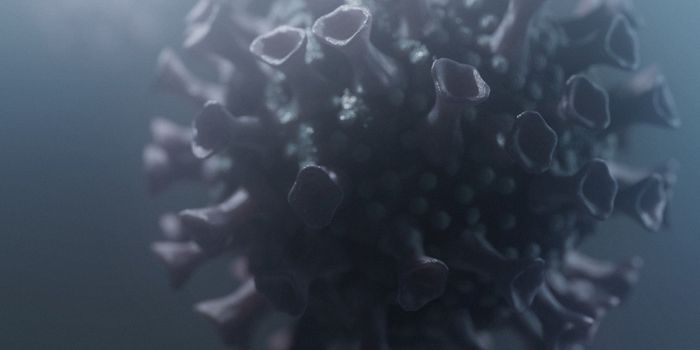Investigating the Microbiome of Metastatic Cancer
We share our world and our bodies with microbes. The trillions of microorganisms in our guts have very close connections to many different aspects of our health. And while many of those microbes perform important and beneficial functions for us, other microbes have been linked to disease and poor health. Researchers have now taken a close look at the microbial community that surrounds metastatic tumors by analyzing over 4,000 tumor samples. This research has confirmed previous studies showing certain microbes can affect how patients respond to immunotherapy, and has also shed new light on the microbial communities that are linked to metastatic cancer. The findings have been reported in Cell.
In this study, the investigators assessed the genetic material in over 4,000 tumor samples from 26 different kinds of cancer, and zeroed in on the relatively small amount of DNA that came from microbes, and not from human cells.
While many microbes live in the gut, bacteria can be found in many cancer types, and not just those that impact the gastrointestinal tract. "Surprisingly, it’s not just metastases from colon cancer that contain a lot of bacteria," noted first study author Thomas Battaglia of the Netherlands Cancer Institute. “The exact bacteria present in a metastasis are strongly related to the location of the metastasis in the body, the conditions there, and the cancer type.”
When lung cancer patients had metastasis with Fusobacterium cells, their response to immunotherapy was not as good as those who did not carry Fusobacterium.
"We also noted that a more diverse bacterial community correlated with more active adjacent tumor cells," added Battaglia.
While a lot more research will be needed, it may one day be possible to send a therapeutic to the site of cancer along with certain types of bacteria that can improve the efficacy of the treatment, or target the bacteria that tends to live around metastatic cancer.
The research characterized the metastatic microbiome, and showed that these microbial communities are often made up of bacteria that are anaerobic - they do not use oxygen. More research will be needed to determine whether these bacteria are promoting metastasis, or if the cancer is creating the right environmental conditions for these microbes, who then show up at the site of the tumor.
The anatomical site of the tumor has an influence on the microbial community it hosts, which is also affected by immunotherapeutic cancer treatments. The treatment efficacy of immunotherapy could also be predicted by assessing the composition of the tumor microbiome.
"Our work paves the way for exploring new forms of treatments, such as treatment against bacteria that might help the tumor," suggested study co-author Iris Mimpen of the Netherlands Cancer Institute. "It helps us understand how the complex environment of tumors works, an environment in which all kinds of cells, including bacteria cohabitate and influence each other."
Sources: Netherlands Cancer Institute, Cell









